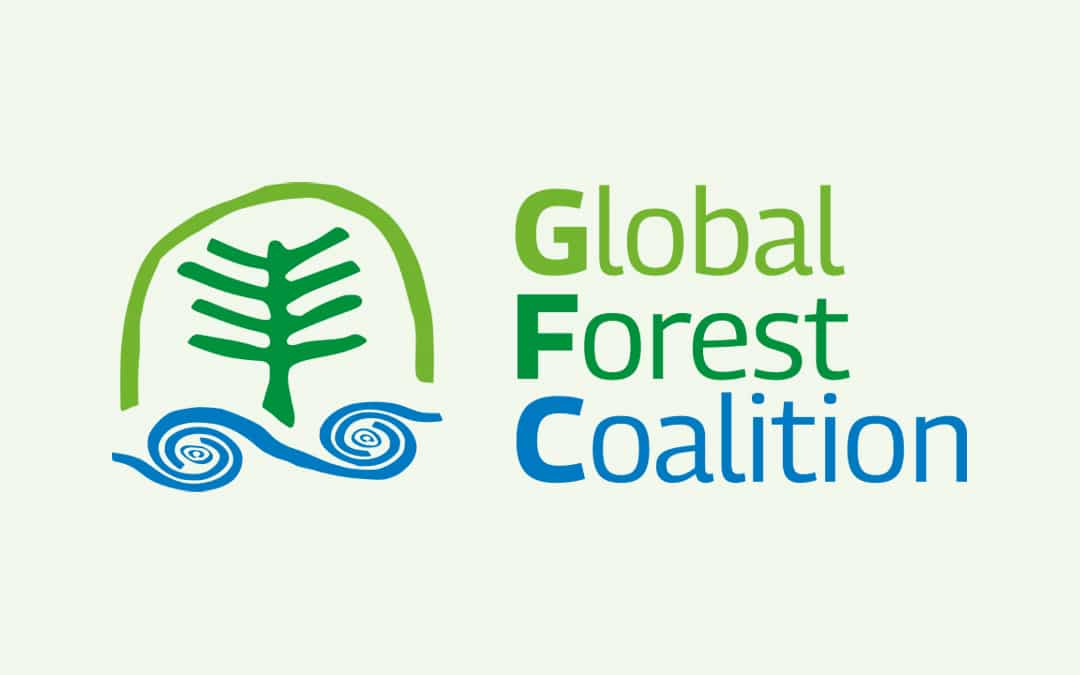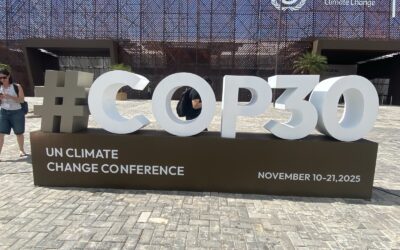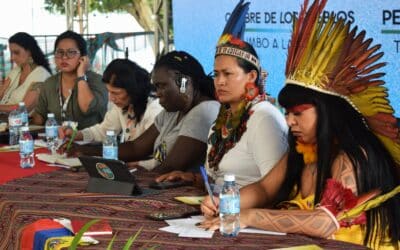Durban, South Africa – Around 16,000 people have gathered this year at the Convention Center in Durban to discuss around the climate change problematic, or at least, that is what most of the general public believe.
As I walked through Victoria market – somewhere in the center of Durban – a few people asked me what was this whole conference about. They seemed to know it was about climate change but naively, they believe that the negotiations would bring some relief to their own lives as many of them have been exposed to the harmful effects of climate change themselves.
Victims of climate change worldwide have not only been those affected directly by extreme weather events like storms, droughts, or floodings, but also people who depend on the climate for their own livelihoods, namely agriculture, tourism, among many others.
Therefore, when the ‘average’ citizen believes that the current UNFCCC negotiations in Durban will make a difference to their lives, they are terribly wrong. And bringing them this unpleasant news is not something I really enjoy but giving a wake up call to the 99% out there is something that needs to be done.
These negotiations that are already in their 17th version are evidently absurd. Starting from the fact that the Convention itself is creating a huge impact upon the environment, therefore, conveying it a big role in the same issue it is trying to tackle; just think about having to fly 16,000 people from all over the world, feed them 3 meals a day, and suffice their needs for a whole two weeks that the convention lasts, the thousands of paper used, the energy to cool down the rooms, to provide computers and electricity, and so on; it is widely known that overconsumption increases our ecological footprint which in turn, contributes to climate change…
If in fact these negotiations would take real initiatives for climate mitigation then perhaps it could justify at least a small part of it, but it is not the case. What is really being discussed in there is how to use climate change as a business opportunity, which is made quite clear as you walk around the whole Convention complex. Information about businesses dominate bragging about the great job they are doing because they are taking “green” considerations and contributing to a “green economy”.
But the only green thing about this new economy is its name as it is commodifying natural resources, putting a price to forests, to oceans, to resources introducing them to world markets so that developed countries (currently in deep crisis) can keep on exploiting developing countries ‘diplomatically’, and leaving the whole climate change problematic untouched.
Back in 1997 when the Kyoto Protocol was convened, setting binding targets for 37 industrialized countries and the European community for reducing greenhouse gas (GHG) emissions while recognizing that developed countries are principally responsible for the current high levels of GHG emissions in the atmosphere as a result of more than 150 years of industrial activity (UNFCCC)[1], the world saw hope. Today, 14 years later environmentalists fear the demise of it and it is happening here in Durban, as you read me.
So, while all these companies see a window of opportunity in getting richer through the inclusion of natural resources in carbon markets, Indigenous Peoples and Local Communities who have maintained for centuries a close relationship with mother-nature fear the worst as it may imply further violation of their rights and the end of their traditional livelihoods. A slogan of one of the Convention participants read: “Climate Challenges, Market Solutions”, but I do wonder if mother-nature really takes into consideration these “solutions”?
Isis K. Alvarez
Global Forest Coalition – Coalición Mundial por los Bosques
T: +57 315 6484656
E: isis.alvarez@globalforestcoalition.org
www.globalforestcoalition.org
Donate to GFC
Follow GFC / Siganos: Facebook & Twitter.
The Global Forest Coalition (GFC) is an international coalition of NGOs and Indigenous Peoples’ Organizations defending social justice and the rights of forest peoples in forest policies.
[1] http://unfccc.int/kyoto_protocol/items/2830.php




